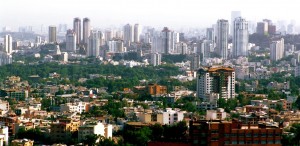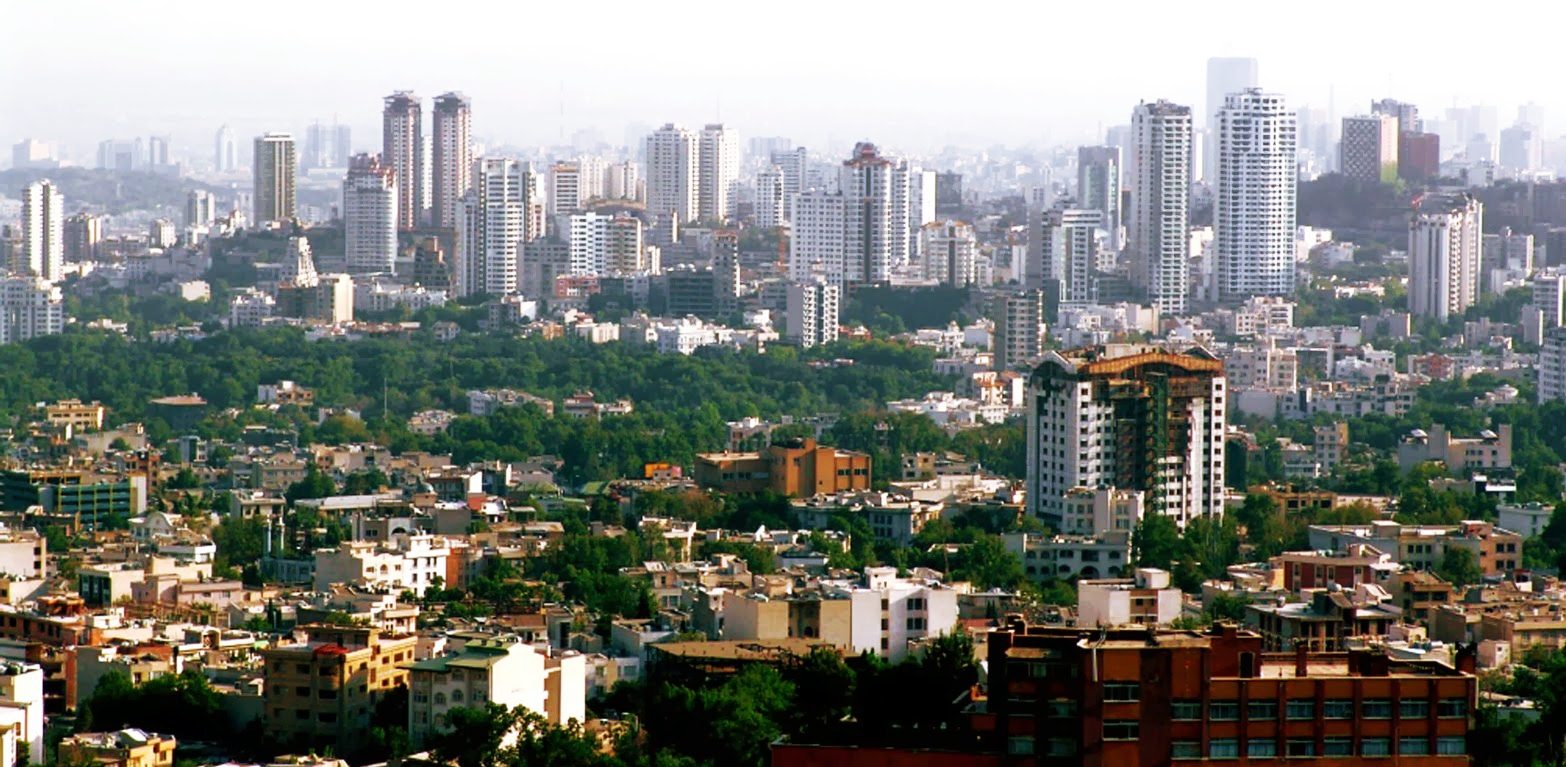Bottom Line: Bangalore is turning out to be another Gurgaon for all the wrong reasons; stakeholders deny it.
 Coming out of Bangalore airport the first thing that could strike anyone is the fact that there are no less than ten hoardings selling luxury apartments at exorbitant price ranging from rupees six crore to ten crore.
Coming out of Bangalore airport the first thing that could strike anyone is the fact that there are no less than ten hoardings selling luxury apartments at exorbitant price ranging from rupees six crore to ten crore.
One wonders isn’t Bangalore supposed to be end user driven market? Isn’t the city suddenly giving indication of a Gurgaon, if not Mumbai? Is Bangalore really turning into Gurgaon?
Prima facie, there is no denying that the two cities have the same DNA – IT driven economy, expat population, scaling up from affordable to luxury and poor physical infrastructure.
However, none of the developers active in Bangalore market would like to admit it and they even question whether there is any urban centre of India with thriving economic activity where infrastructure is not a problem. By that yardstick, they maintain, it is not only Bangalore and Gurgaon but also many other cities that have identical character.
But the fact of the matter is that infrastructure is getting as challenging in Bangalore as in Gurgaon. Add to it, the affordability of the market being compromised with projects increasingly getting upscale and luxurious. The year 2015 has for the first time been witness to the Bangalore market having inventory overhang of more than one lakh unit. The stress is clearly visible in Bangalore property market as well.
JC Sharma, Vice Chairman and Managing Director of Sobha Ltd nevertheless calls it a misnomer to define Bangalore market on the basis of advertised projects of high value like four crore or six crore rupees. Maintaining that these projects constitute only five per cent of Bangalore market, he insists that if one compares Bangalore with Gurgaon market then one has to see the average size of an apartment with the average realisation which is about seven thousand or eight thousand rupees.
“In Gurgaon you get an average apartment for three to four crore rupees whereas in Bangalore you get a very premium apartment close to CBD with that kind of money. The Gurgaon was developed as a city just because it had the proximity to Delhi. So, infrastructure was not there and it was created. Bangalore did not have that problem. It was a cantonment city for at least 200 years. So, you cannot compare an already existing city with at least 5 million population some 15 years back. And now the development is such that it could absorb so many people without creating much of a problem,” says Sharma.
Trivita Roy, Associate Director-Research & REIS, Jones Lang LaSalle India believes there is infrastructure problem in Bangalore because the city grew up at a faster pace than it was expected. The population doubled in ten years and it is like compressing the 60 years in just 10 years.
“This sort of growth was beyond the planning of any city planner I suppose. Now is the time to bring in all the stakeholders – the town planners, the bureaucrats, the developers – together and a cohesive plan of action is needed. That does not mean Bangalore could turn out to be Gurgaon. It is also because while Bangalore is a city, Gurgaon is at best a satellite town,” says Roy.
Joe Verghese, Managing Director, Colliers International points out that out of the 100 business leaders in Bangalore, most of them are IITians and these guys are typically conservative; they are generally good; they are not just after money and many of them are spending lot of time for the betterment of the city.
“They are into various government bodies, advising the government and I don’t see that happening in other cities. I agree that infrastructure is a big problem. As a matter of fact, if anything is going against Bangalore it is the infrastructure. I think if infrastructure is improved, Bangalore can be a rocking global city,” says Verghese.
Beyond this defence of Bangalore the fact remains that the city for the first time has started showing signs of over-load on the infrastructure, and also the mismatch between demand and supply. Many believe if this alarm bell goes unheard and not addressed now, tomorrow Bangalore might turn out to be another Gurgaon. The very character of these two cities might be different but in terms of their urbanization and real estate growth there are many parallels.
By: Ravi Sinha





